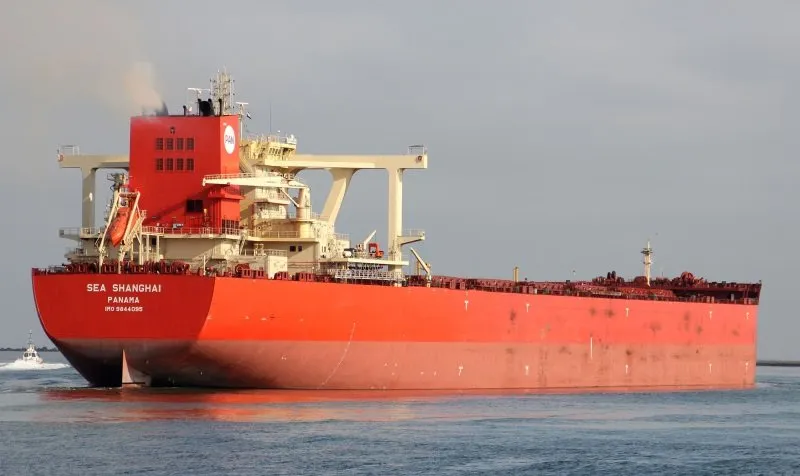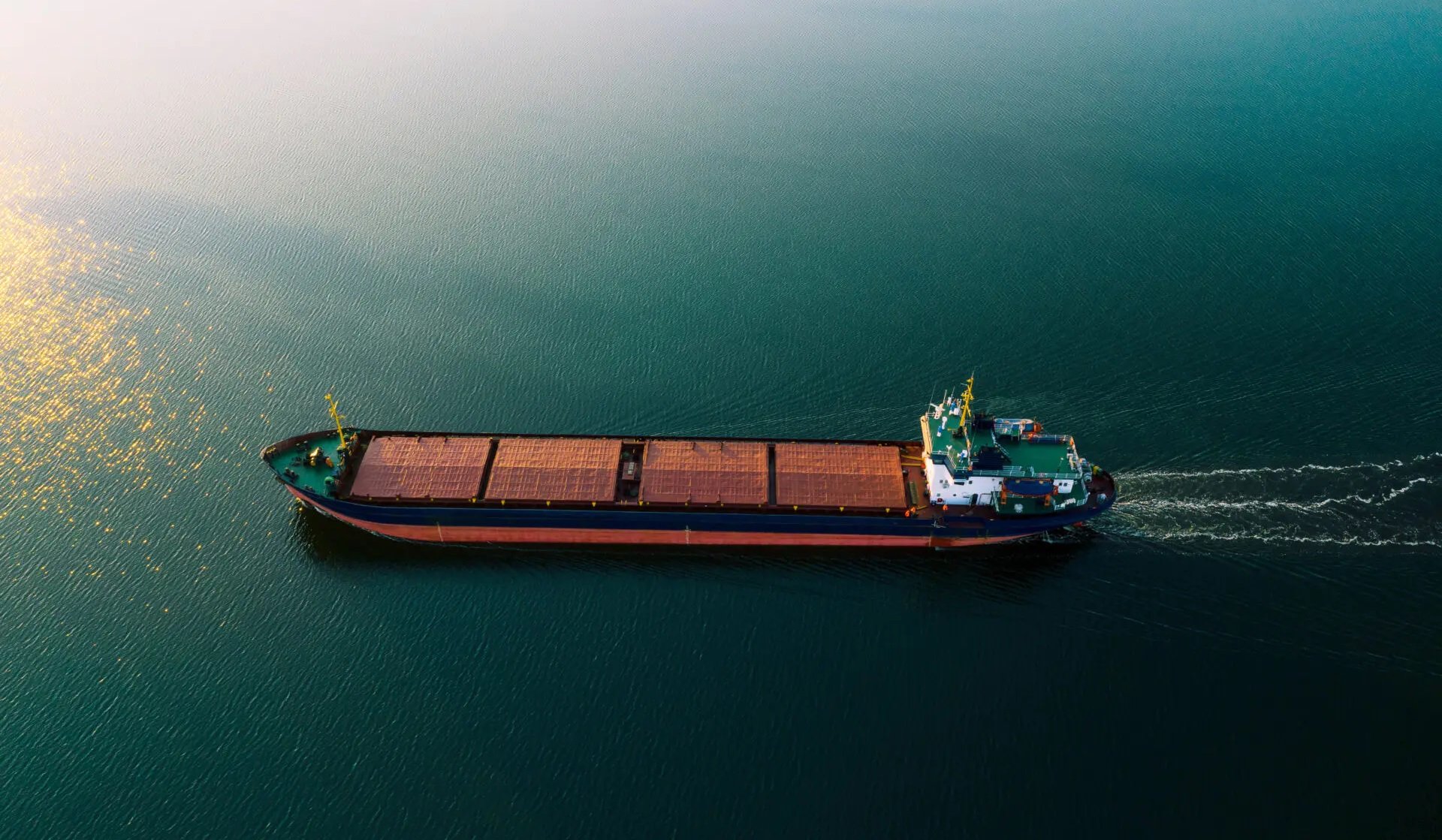123Carbon, the Dutch carbon insetting platform, and ZERO44, a German SaaS CO2 management startup, have announced a strategic partnership designed to integrate voluntary carbon markets with emerging regulatory frameworks in shipping.
The collaboration brings together 123Carbon’s carbon insetting and Environmental Attribute Certificate (EAC) registry with ZERO44’s emissions management platform for merchant ships. The combined system aims to give shipowners, operators and charterers real-time visibility of vessel emissions and greater flexibility in deciding how low-carbon fuel use is accounted for across different compliance regimes.
Under the FuelEU Maritime regulation, operators using low-carbon fuels can retire, bank or pool their emissions performance to meet compliance obligations. Increasingly, however, many are looking to attribute the emissions savings to their customers through insetting, allowing shippers to reduce their scope 3 emissions while paying a premium for sustainable fuels. The integration between 123Carbon and ZERO44 is designed to support both routes within a single digital platform, while avoiding the risk of double-counting.
‘This partnership comes at a critical moment for the maritime industry,’ said Jeroen Van Heiningen, Founder and Managing Director of 123Carbon. ‘Shipowners and charterers are under pressure not only to comply with evolving regulations but also to offer low-carbon services to their customers seeking to lower the emissions from their sea freight-related activities. By joining forces with ZERO44, we are ensuring that our customers can take a holistic approach to carbon management, simplifying compliance, improving transparency and unlocking value across both the voluntary and mandatory markets.’
Frederike Hesse, Managing Director at ZERO44, added: ‘For the first time, voluntary carbon trading opportunities are seamlessly combined with regulatory obligations under FuelEU, the EU ETS and CII within a single platform. This integration provides our customers with full transparency, empowering them to make optimal decisions and secure a clear competitive advantage on their journey to net zero.’
The new partnership will also enable shipping companies to forecast emissions exposure and make data-driven compliance decisions, with applications extending beyond the maritime sector to cover multimodal transport chains including air, road, rail and inland waterways.
Many shipowners and operators are seeking tools to track emissions more precisely and monetise low-carbon investments, particularly as the boundaries between regulatory compliance and voluntary market mechanisms begin to blur. The partnership between 123Carbon and ZERO44 appears to offer a practical bridge between these carbon markets, giving maritime stakeholders a clearer view of both their regulatory obligations and commercial opportunities in the emerging carbon economy.




